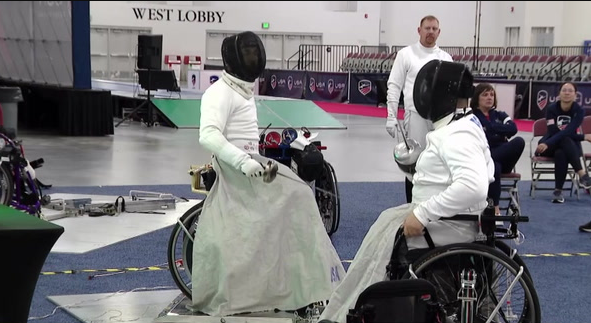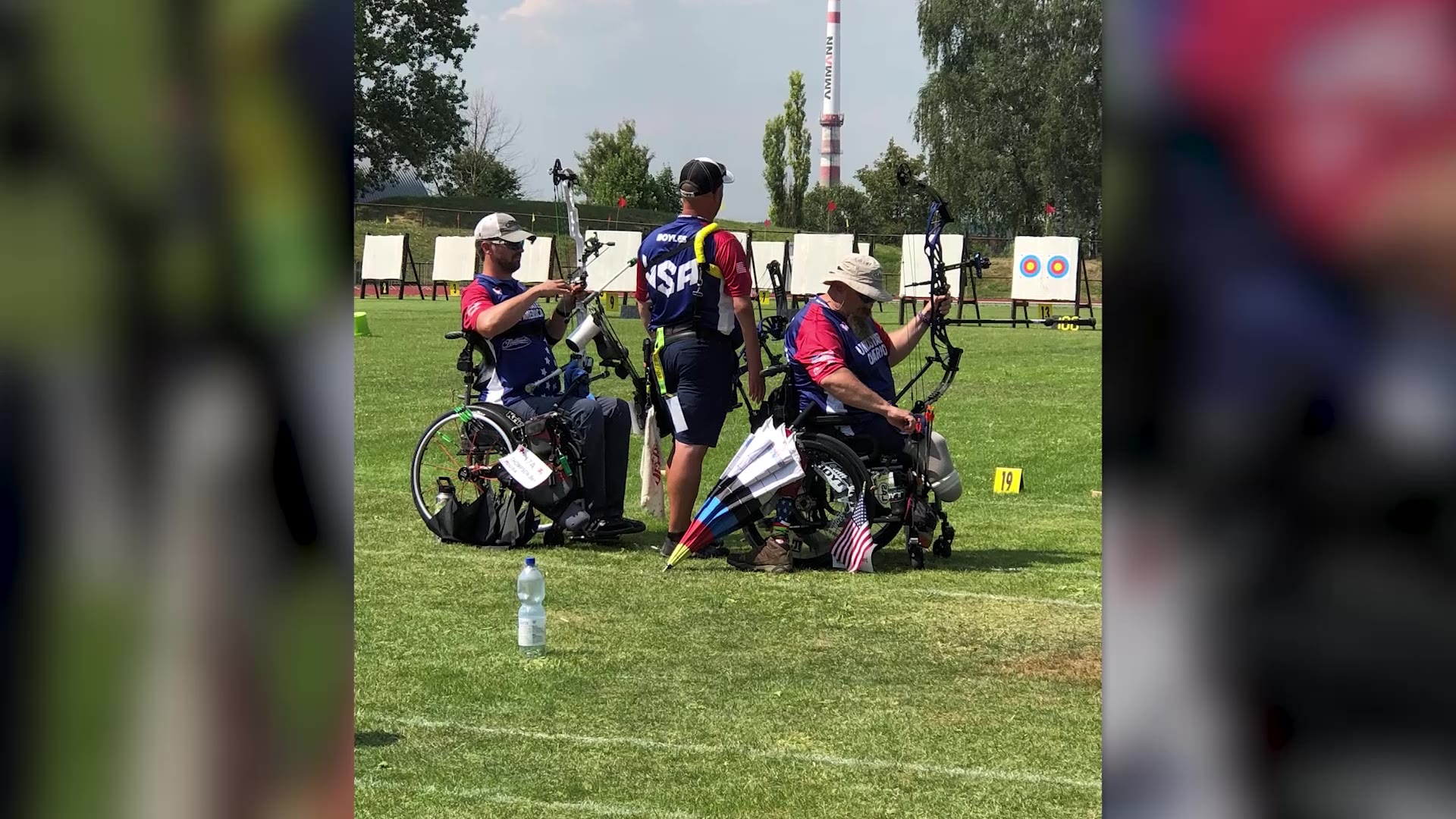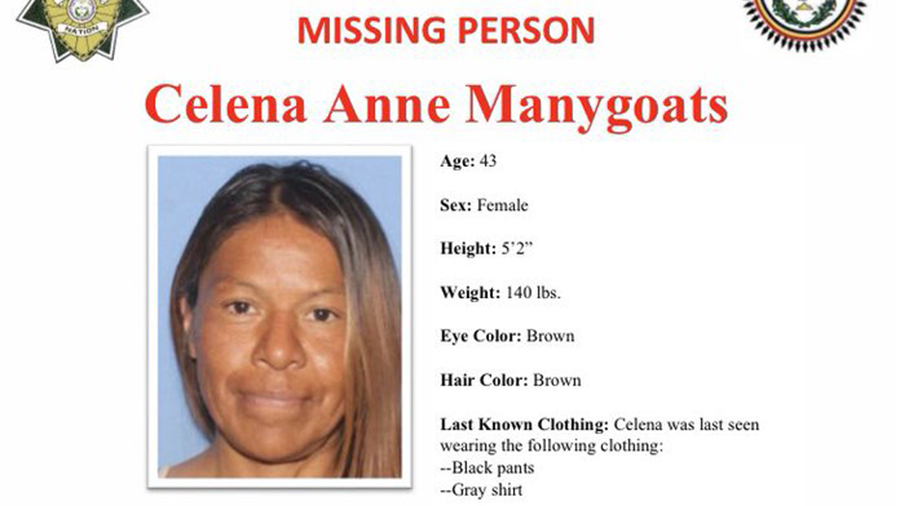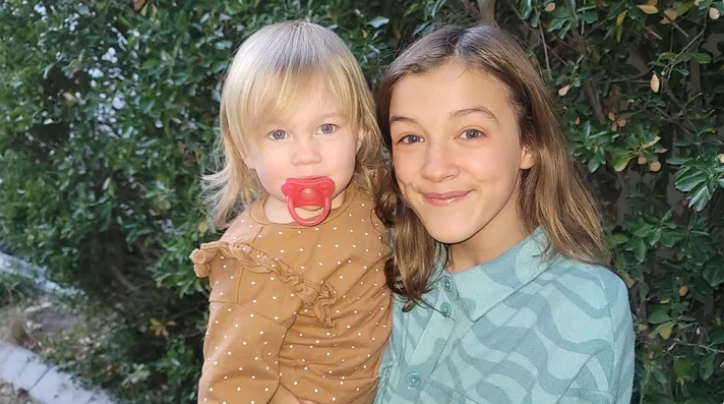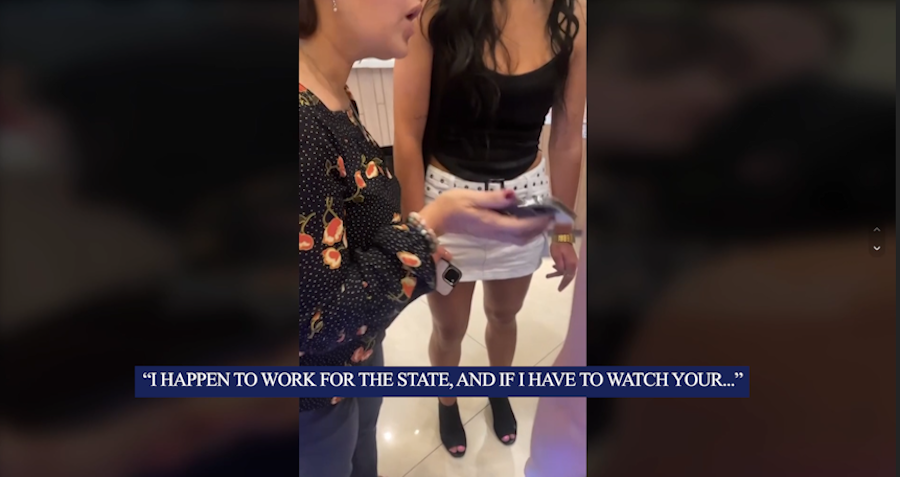DNA Evidence Confirms Remains Of Utah Bundy Victim
Mar 11, 2019, 10:57 PM | Updated: Mar 12, 2019, 5:09 am
BOUNTIFUL, Utah — More than 40 years after the teen’s disappearance, DNA evidence confirmed the remains of one of serial killer Ted Bundy’s Utah victims.
Investigators from Bountiful City Police Department said Monday they were able to determine in 2015 that a patella initially found by search crews in Fairview Canyon in 1989 in fact belonged to Debra Kent.
Kent vanished after attending part of a play at Viewmont High School on Nov. 8, 1974.
Bundy later confessed to the killing and directed police where he left the body.
The patella had apparently sat inside the home of Kent’s parents until Det. Sgt. Shane Alexander, during a review of the department’s missing persons cases, noted a media report in which Kent’s mother, Belva, was interviewed.
“In the process of her interview, she pulled out a box that inside of it had a human patella,” Alexander said. “(She) said those were the remains of her daughter that she’s had.”
That was news to present day police, who now had the capability to seek DNA evidence from the remains.
“That was the new thing was learning that they had the patella and finding that information of how they got it.”
Alexander said he subsequently learned that searchers found the patella among numerous animal bones in an area where Bundy pointed them in 1989.
He said investigators at the time, for whatever reason, released the patella to the family, though he was still unsure why that happened without positive identification of the remains.
“I think it was just that it was, ‘this is the one piece that we have, we’re going to give it to the family, and at that time this is your closure that we can give you right now,’” Alexander shrugged.
Alexander said he also wanted to make sure the remains weren’t misidentified and belonged to someone else, so he obtained the patella as well as DNA samples from the family.
“(Belva) was very hesitant at first, but eventually she agreed, believing that it would be a good thing to know and have that confirmation,” Alexander said. “I sent the patella to the University of North Texas as well as the samples that were collected and then they were able to determine that the patella matched the family DNA that was collected.”
Alexander said the Kent family was grateful for the DNA confirmation.
The family, through police, emphatically underscored they did not want to be contacted by news media regarding the latest development.
The detective said he was grateful he was able to provide some definitive answers for them.
“That was probably one of the biggest moments of my career,” Alexander said. “To me, that just was a tremendous feeling of accomplishment and knowing that I can help this family hopefully have closure and help them move on.”

